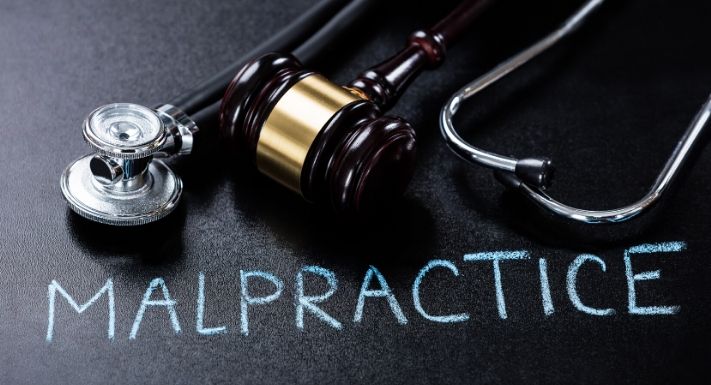Comprehending Absence Of Notified Consent And When You Can Sue Your Doctor January 28, 2025
After that, reveal that if they understood about the threats of the treatment, they would not have concurred. The injury endured directly arises from the individual's failure to make an educated choice. The doctrine of informed permission calls for doctor to inform clients of the threats, advantages, and options of a proposed treatment. Legitimately, individuals must have firsthand understanding of their therapy alternatives and the most likely repercussions of those choices, which enables them to make even more enlightened choices. That Quarantine Laws being claimed, an enlightened authorization form does not stop patients from filing clinical malpractice asserts based upon their medical professional's intentional or negligent misbehavior. As a culture, we don't wish to allow doctors to be able to avoid being held accountable for wrongdoing or reckless work just by calling for clients to fill in a form.
Can A Relative Take Legal Action Against On Behalf Of A Person?
Most of scenarios, a person should provide enlightened consent prior to the treatment takes place. A person can stop or switch over therapy even after providing written or verbal approval. Whether that conversation [of educated approval] actually occurs or otherwise can become really hard to prove. It is frequently an added claim added to another clinical malpractice case, instead of a claim individually brought. When the client is a minor or a reliant grownup, the person's legal guardian or parent generally offers educated permission on their part. Depending upon the diagnosis and therapy, the minor or dependent patient's approval may additionally be called for.
Is A Consent Violation Grounds For A Medical Malpractice Suit?
- These waivers are lawful documents that inform clients of the advantages along with the integral threats of a certain medical procedure.If your child's company held back a danger from you prior to carrying out a pediatric VCUG, you might be eligible for settlement in an absence of informed authorization insurance claim.The law requires that the info be communicated plainly, that the patient recognizes the effects, and that permission is offered willingly, without pressure or coercion.Your documents will aid reveal what threats were revealed and whether proper care was provided.
You can talk with each medical professional to make sure all doctors settle on your clinical strategy. If you select not to have actually the recommended medical therapies, you will likely be asked to sign a file indicating that you refused therapy versus the guidance of your physicians. The key distinction between clinical negligence and notified consent infractions is the requirement of evidence required for every case. In the legal setup, the "burden of proof" describes certain lawful aspects the individual (plaintiff) need to verify to successfully recoup problems. A physician or various other healthcare professional have to have a client's approval-- share or implied-- prior to supplying treatment, and lots of procedures require the patient's "informed" approval. When failure to acquire proper consent is connected to patient injury, there can be a practical medical negligence instance.

When you have actually been provided this details and have had the opportunity to ask questions, you might sign an authorization kind suggesting your understanding and arrangement. The info given on this web site is for general informational purposes just and does not make up legal advice. You must not act or avoid acting based upon any type of information given here without very first consulting with a qualified lawyer regarding your specific situation. We work with top clinical experts to Click here to find out more develop solid cases and safe and secure compensation for clinical bills, shed earnings, pain and suffering, and other problems brought on by negligence. Implied consent can also arise in emergency treatment circumstances, specifically when the person is unconscious. When prompt care is critical, the doctrine of implied authorization generally enables treatment to be offered if the person can not give share approval.
